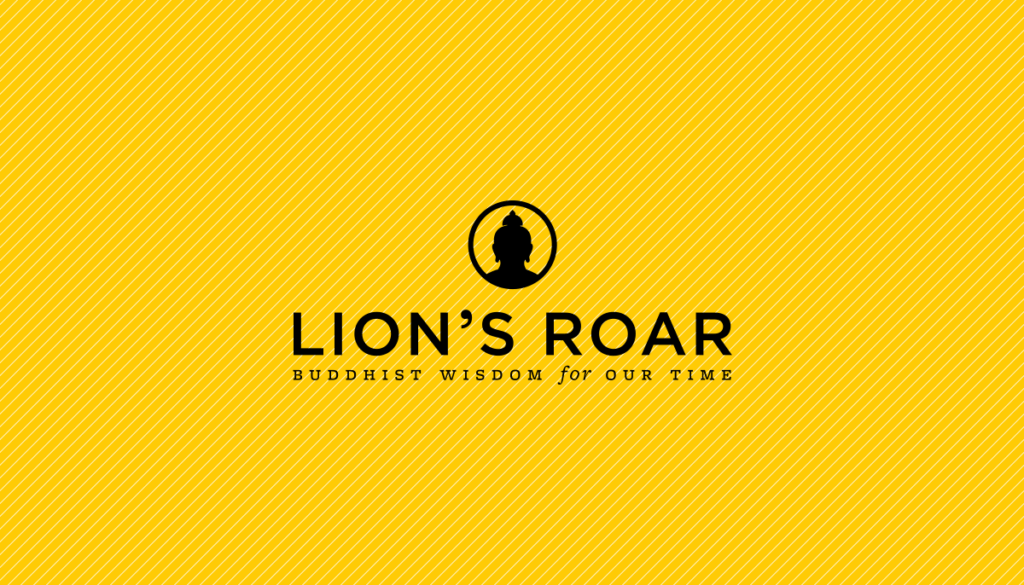“It is one of the perverse virtues of advanced civilization to have transcended repair and renewal.”
Entropy teaches us that things will break. And break and break and break. Falling apart, coming undone, deteriorating—this is indeed the lot of anything that comes into existence, and in particular of things produced by the human hand.
Consider the lowly shoe. Asked to carry us wherever we go, to stretch and bend, to withstand rain, snow, salt, mud and being put on without a shoehorn, it performs the noble task set forth in the Buddhist parable of sheltering our soles so that we need not pave the earth. It provides a path that is with us all the time. What earthly thing could be more intimate?
If it is an athletic shoe (the shoe of choice over what the shoe industry generically terms “brown shoes”), when it wears out it will be unceremoniously tossed in the trash bin or assigned to a pile in the basement. At its best it will become part of an avant garde work of art. There’s no restoring a worn athletic shoe, for just as in the rough justice of professional sports, age for the athletic shoe means not dignity but death.
What of the “brown shoe” (whether it be black, beige or mauve)? Should it be tossed out after a little wear and tear? Apparently so, because shoe repair in North America, along with almost all other forms of repair, is passé to the point of being nearly morte. Just today, while visiting Chicago, I happened upon a shoe repair spot that had become little more than a place for old fellas to hang out and speak of the days of yore. In those days, shoes were shoes, it would seem.
In my own city, there’s one shoe repairer left who has no time to chat. At Empire Shoe, he works the whole day through repairing shoes to the crackling sound of a radio playing a station from Athens. Aristotle once said that money is that which can tell us how many pairs of shoes are equal to a house. I am sure he had my shoe repairman in mind, because he knows exactly how many shoes (or more precisely, shoe repairs) equate with a house. He knows value. He exudes value.
Overcome by a deep need not to add more junk to the pile and a distinct aversion to finding comparable shoes, I brought him two pairs of dress shoes. The first, black of the Italian dancing shoe type, became new and shining, like Cinderella’s slipper. The second, a brown pair, needed not only a sole but had stitching coming loose in every area. They looked to be beyond repair. When he returned them, they looked not entirely new, but entirely repaired, which lent them a certain air of triumph, like veterans of a great war. When I began to wriggle and jam my feet into them, he winced and proffered a shoe horn, as if to say, “Have you no mercy, you cad?”
It won’t be too much longer and my shoe guy will be out of business like the rest of them and shoes can go on becoming ever more expendable. So can clothes, stereos, computers, cars and anything else just as soon as it has grown old and boring. It’s often cheaper now—not to say more convenient and exciting—to buy new. Plus, we get the satisfaction of contributing to the great juggernaut of the economy. Yet as we hear so often and so earnestly today, the earth is a finite resource.
That misses the point, though. What if the earth were an infinite resource? Would it be fine then to just throw everything away without a thought of repairing and mending? Would we glide by guilt free, guzzling and tossing with abandon? Not likely. Like the myth of a deathless life, the world of endless resources is a horrible prospect that we wouldn’t want even if we could have it. Endless consumption would be a blur of tastelessness without a moment of peace, the excruciating boredom of an endless summer. We would have so much next and so much new that next and new would become old hat.
Mending is a major occupation in traditional societies. It is one of the perverse virtues of advanced civilization to have transcended repair and renewal. We have abandoned a more basic understanding of economy—the careful ordering of the house (which is what it means etymologically)—and have redefined it as the sum total of our consumption.
We need to repair and reuse not because the earth will run out, not because the cosmic meter maid is coming down the street to give us a ticket, but because it is the only way to live well. Our willingness to toss away that which we so recently valued, our unwillingness to repair the material things in our lives, speaks volumes about our unwillingness to repair other things that really matter—our errors, our relationships, our lives, our world.
